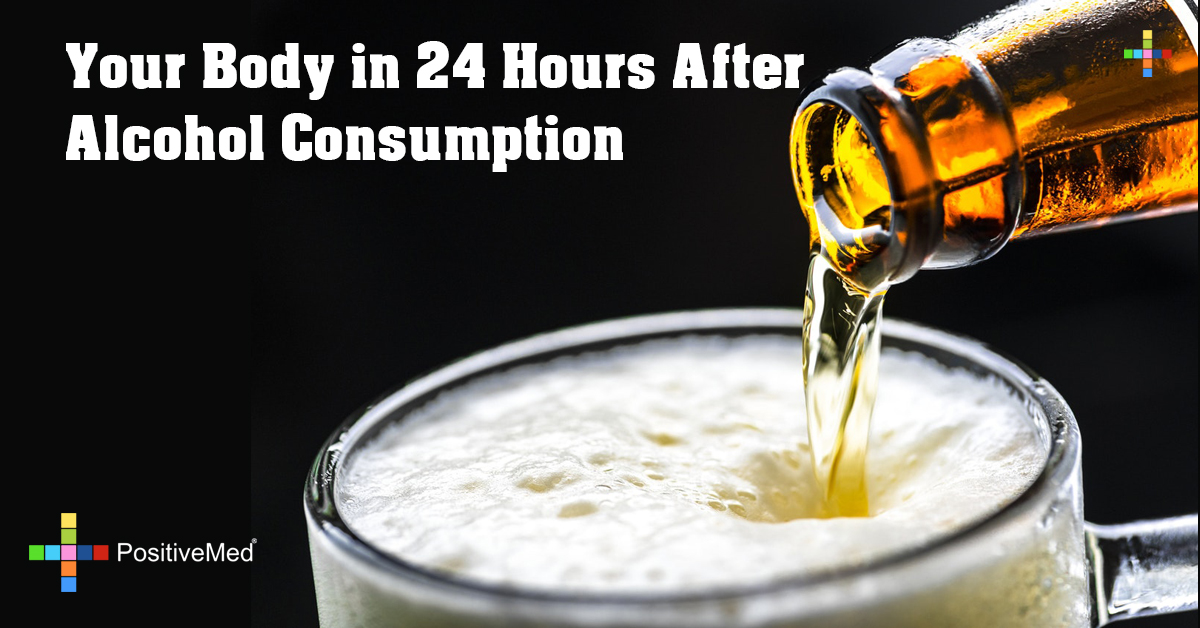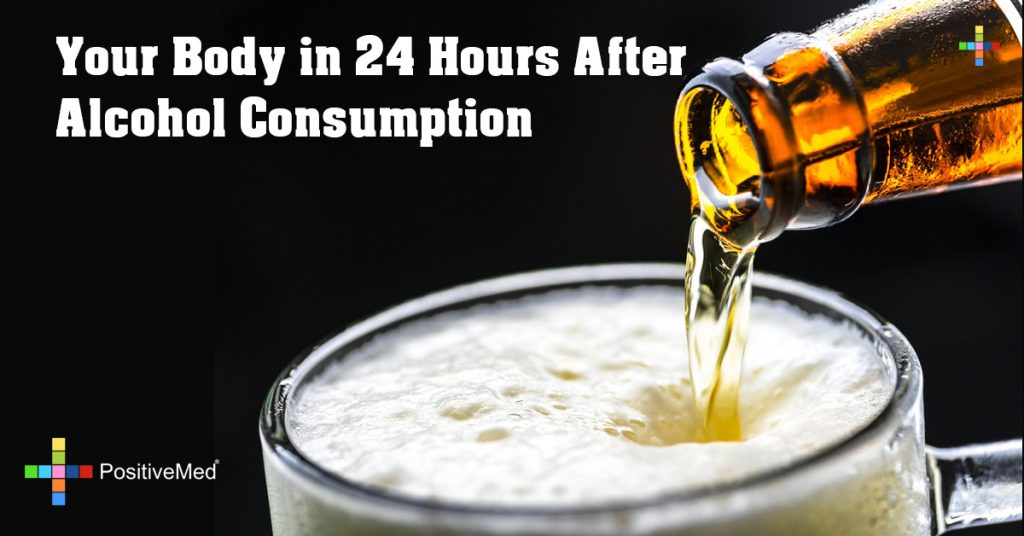
Drinking alcohol has long been a part of social occasions and many meals. Some forms of alcohol, like beer, were once even seen as safer than water. However, now, alcohol is no longer the main beverage for many people. In fact, the effect of alcohol consumption on the body is often unwelcome. It doesn’t take long for your body to start trying to get rid of the alcohol as it makes you dehydrated and less able to fight off illness.
The First 10 Minutes
Alcohol travels quickly around your body once it reaches your stomach. Your brain and muscles start receiving alcohol from your bloodstream. Your body decides the alcohol is a threat or a poison about 10 minutes after you take your first drink.
10 to 15 Minutes
Your body’s reaction to what it thinks is poison is swift. It starts trying to change the alcohol into substances that aren’t harmful, or that are at least more useful. The first substance that appears is alcohol dehydrogenase. This is an enzyme that your stomach produces to start making the alcohol disappear.
Unfortunately, the first substance that comes out of the alcohol is acetaldehyde. This substance is toxic and can affect how badly you feel the next day. If you have a hangover, this is the substance you can blame.
The remaining alcohol breaks down into acetyl acid and then fatty acids and water. The fatty acids and water are a lot more useful to your body than alcohol. However, that is small comfort considering the other effects of alcohol on your body.
20 Minutes
Your brain starts to feel the effects of the alcohol you’ve been drinking. You can become light-headed or dizzy. Your emotions can change and become duller or more intense. It’s not unusual to feel a little happier, but some people feel depressed, numb or drowsy because the alcohol affects neurotransmitters in your brain.
RELATED ARTICLE: SEE WHAT HAPPENS WHEN YOU DRINK ALCOHOL ON AN EMPTY STOMACH
45 to 60 Minutes
Your blood alcohol level has been rising throughout the hour, and this 15-minute period is when you’re likely to see the highest level. At this point, and for a few hours afterward, you’ll probably need to use the restroom more often – and that’s for only one drink.
If you’ve been binge drinking, your heart health becomes a concern. There’s an increased risk of arrhythmias, or interruptions in the normal heartbeat pattern, that can lead to a heart attack or death.
Binge drinking can also quickly increase the amount of fat deposited in your liver. If you keep drinking, the fatty deposits can increase and interfere with liver function. This can lead to liver disease down the road.
Drinking alcohol, even one glass, leads to dehydration over the next few hours. As you have to use the restroom more and more, your kidneys and bladder draw and release more and more liquid from your body. Drinking more alcohol does not help this as that only makes you have to use the restroom even more.
The result is that you become very dehydrated. This contributes to the headache and other symptoms you get during a hangover.
24 Hours Later
Even if you haven’t drunk any alcohol since that one drink, your body is still going to be working on what you’ve ingested. Your immune system will still be low; even 24 hours later, the alcohol can suppress your body’s ability to avoid infection. That makes it easier for you to get sick the day after your drinking session, especially if you drank a lot.
If your experience with alcohol seems to differ from what was described, it doesn’t mean you can drink without a problem or that alcohol doesn’t affect you. You may eat a lot while drinking; that can slow down the effects of alcohol. You could also have genetic factors that make alcohol absorption much slower. Many factors play into how alcohol affects your body.
If you still want to drink alcohol, it’s best to drink small amounts slowly and to be aware of how you’re feeling. Chronic drinking can lead to more severe problems over time including a possible increase in cancer risk or organ damage.






